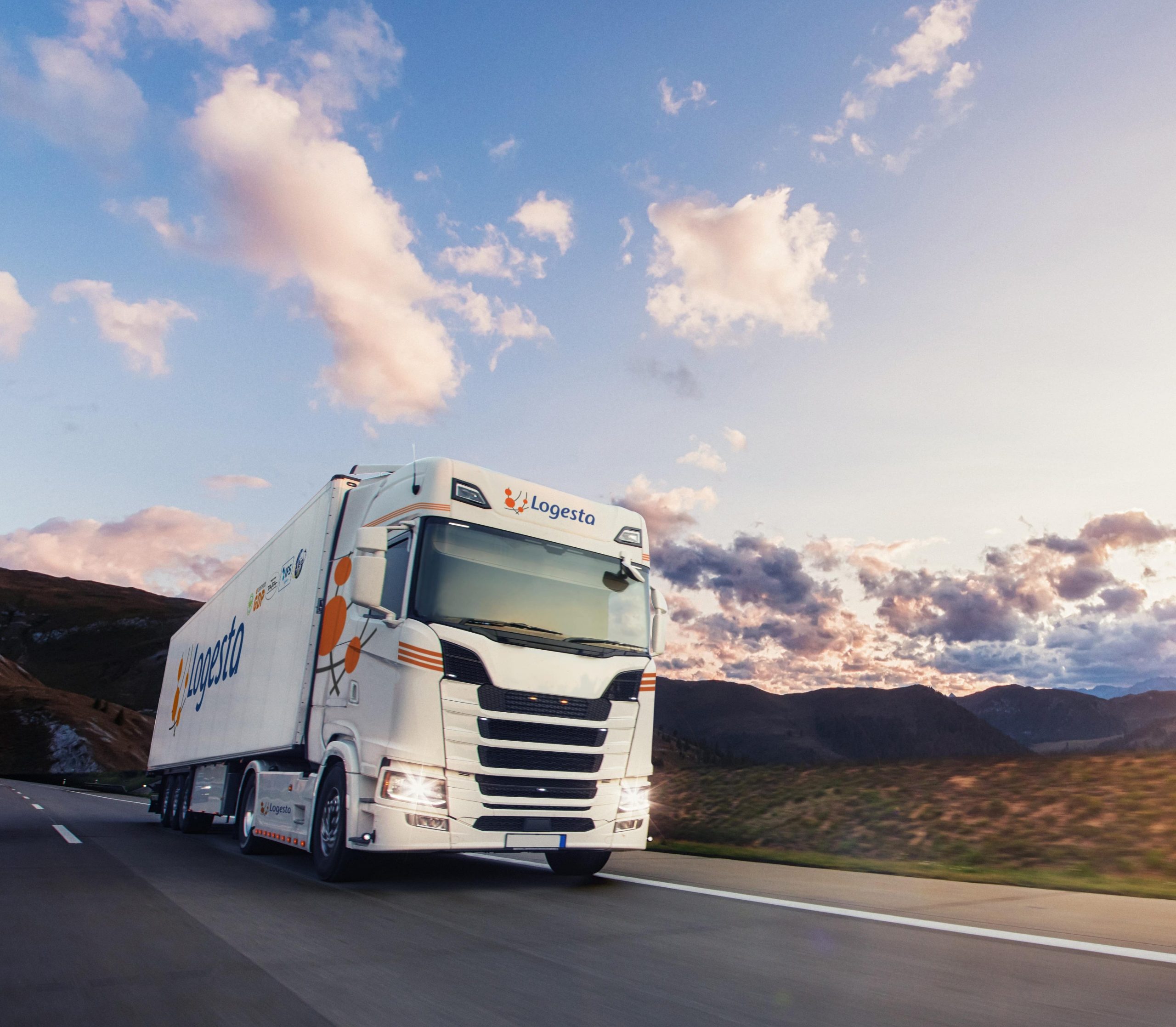On December 31st, 2020, the transition period for the United Kingdom’s departure from the European Union concludes and currently, the specific measures that will be put in place have not been set out. The absence of these will affect both the economy of the United Kingdom and of the European Union in a very significant way, and inextricably the transport sector.

The initial positions have not changed; the leaders of the United Kingdom maintain the idea of breaking the exit agreement, despite having been warned that it is the same agreement that violates international law. Sectors such as logistics and transport in the United Kingdom openly criticize the lack of measures and means that could avoid the more than foreseeable logistical problems that loom at the borders. The absence of these measures means that the entire transport sector on both sides may be faced with a chaotic situation, with problems in accessing the United Kingdom through both the Eurotunnel and by sea.

An important factor, which affects both the carriers and the shippers, as well as the final customers of the goods themselves, is the new customs documentation. With the departure of the United Kingdom from the European Union, the relationship between any EU country and the United Kingdom becomes a “third countries” one, which means that all goods exported to the United Kingdom must go through the corresponding customs process, for the payment of taxes and duties; the same process for goods under the import procedure with their origin in the United Kingdom and destined for the European Union.
Everything suggests that there must be new documentation to be able to carry out this customs process, but everything is subject to the agreement, pending to be signed between both parties before December 31st, 2020. Despite the fact that the United Kingdom has stated that it is already working on a computerized system to manage the flow of freight traffic, there is clear evidence that it is still in the development stage.
Logesta firmly believes that if steps are not taken immediately, problems at the border will cause delays during the first weeks of the year and even, in a worst case scenario, hundreds of trucks being stuck.
“We do not want our customers’ goods to be stuck at the borders. Nor do we want to see our carriers “trapped” in unsuitable, overcrowded rest areas, where basic services cannot be guaranteed. There is a driver at wheel of each truck, and we, as well as the different institutions, must watch over them. We do not wish to face long hours of waiting in Calais or in the English area, because of the ensuing problems that all this would cause for both our carriers and our customers.. “

Posted on November 30, 2020
